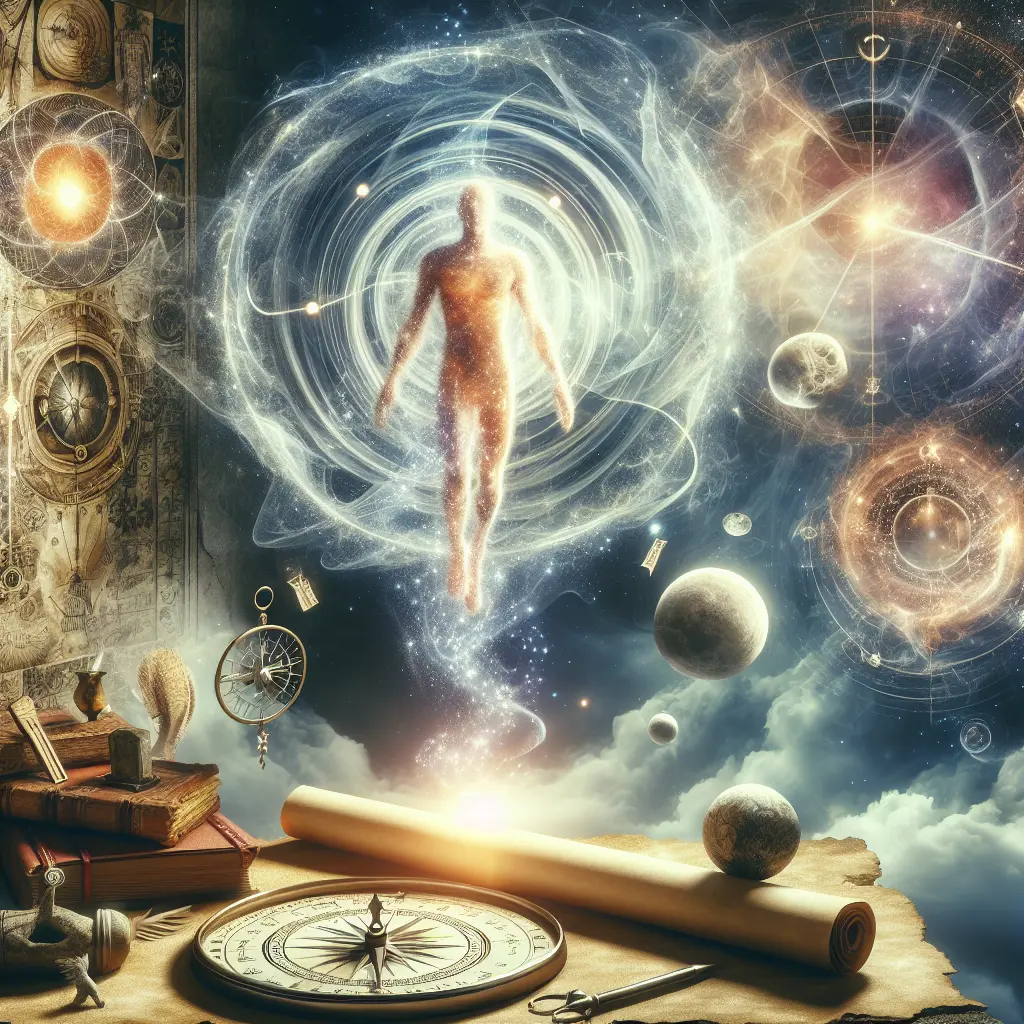
In the lush, expansive universe of James Cameron's Avatar, the interplay of spiritual and philosophical concepts not only enriches the narrative but also offers a profound commentary on human existence, environmental ethics, and the interconnectedness of life. As we eagerly anticipate the release of Avatar 3: Fire and Ash source, it is an opportune moment to delve into the spiritual and philosophical underpinnings that make Avatar a beacon of modern cinematic spirituality and moral philosophy.
At the heart of Avatar lies a deep resonance with Eastern philosophies and spiritual traditions, which is vividly portrayed through the Na'vi's living practices and beliefs. The Na'vi's connection to Eywa, a guiding force of their world, mirrors concepts found in Hinduism and several indigenous spiritualities, where a great spirit or deity connects all living things. This spiritual symbolism in Avatar highlights a universe brimming with life, where every creature plays a role in maintaining the ecological and spiritual equilibrium.
The philosophical concept of reincarnation is another significant theme explored in Avatar. The idea that life exists in a cycle of death and rebirth is a crucial element in many Eastern philosophies, including Buddhism and Hinduism. In Avatar, this is not only a spiritual belief but a lived experience, particularly evident in how the Na'vi interact with their ancestors and view their connection to past and future generations. This cycle reinforces the importance of preserving their world for those who will inherit it, embedding deep environmental and moral lessons within the narrative.
Avatar also extends its philosophical reach into discussions about human connection and our interaction with technology—a theme becoming ever more pertinent. Recent advancements, such as Meta’s redesigned Quest app which emphasizes social VR spaces like Horizon Worlds source, reflect our ongoing quest to bridge distances through technology, much like the avatar program in Cameron’s universe seeks to bridge interspecies understanding.
However, the film also cautions against the unempathetic use of such technologies. News from China about companies offering to 'resurrect' deceased loved ones using AI avatars source eerily echoes the ethical dilemmas faced by characters in Avatar who grapple with issues of identity, consent, and the moral implications of using avatar bodies.
Moreover, Avatar's narrative is steeped in environmental ethics. The destruction of the Hometree and the displacement of the Na'vi people serve as a stark reminder of our own world’s environmental crises. It's a call to action, much like Disney’s initiatives to incorporate more environmentally friendly messages in their attractions, such as the new Lion King ride at their Paris park source.
James Cameron has not only used Avatar to explore these rich themes but has also crafted a world that visually embodies these principles. The bioluminescent forests and floating mountains of Pandora are more than just stunning visuals; they are symbols of a world where nature is not just a backdrop but an active, essential participant in the lives of its inhabitants. This symbiotic relationship between the Na'vi and their environment encapsulates the essence of environmental stewardship—a theme that resonates deeply as our own Earth grapples with climate change and ecological degradation.
The spiritual and philosophical layers of Avatar are further enriched by its exploration of leadership and responsibility. Each character’s journey is not just about personal growth but also about their duties to their community and their environment. These story arcs encourage viewers to reflect on their own lives and consider how their actions impact the larger web of life.
As we look forward to Avatar 3: Fire and Ash, which has just released its first images confirming its official title source, it's clear that Cameron intends to deepen these explorations of connection, spirituality, and ethics. The upcoming film promises to continue challenging our perceptions of life, technology, and coexistence.
In conclusion, Avatar is not just a cinematic experience but a philosophical journey that compels us to reflect on profound questions about our existence, our responsibilities, and our connections to each other and to our world. Through its intricate weaving of Avatar spirituality, philosophy, and moral narratives, it serves as a modern myth—a lens through which we can examine both the beauty and complexity of being.
As we stand on this precipice, looking out over what might be the dawn of a new era both in our world and in Pandora, let us take with us the lessons imbued within Avatar. May we strive to live consciously, respecting both the seen and unseen connections that bind us all.
With warmth and wisdom, Alicia Fieldstone